
Electric dreams: planning for a brighter future in Georgia
Electricity system operators must plan to ensure that grid infrastructure always meets consumer demand. This planning is important as it allows demand to be safely met. It also integrates new challenges like renewable energy and electric vehicles. Such challenges can result in volatile electricity flows, which require cutting edge analyses and calculation methods to address. To this end, the European Union (EU) is helping national system operator the Georgian State Electrosystem (GSE) introduce robust power system planning now for a brighter tomorrow.
A multi-layered approach
Power system planning means setting out a strategy for the short, medium and long-term expansion of a country’s generation, transmission and distribution systems. This planning should meet forecasted demand, while taking into account relevant technical, economic, political and environmental factors.
Tools to define such strategies are determined by market studies and detailed technical analyses. As demand and generation capacity are continually on the rise, coupled with rapidly evolving technologies, it can be problematic to always deliver secure and reliable electricity. Power system planning is therefore vital as it can ensure that existing and future power grids are both reliable and constant.
 Baratashvili bridge, Tbilisi, Georgia
Baratashvili bridge, Tbilisi, Georgia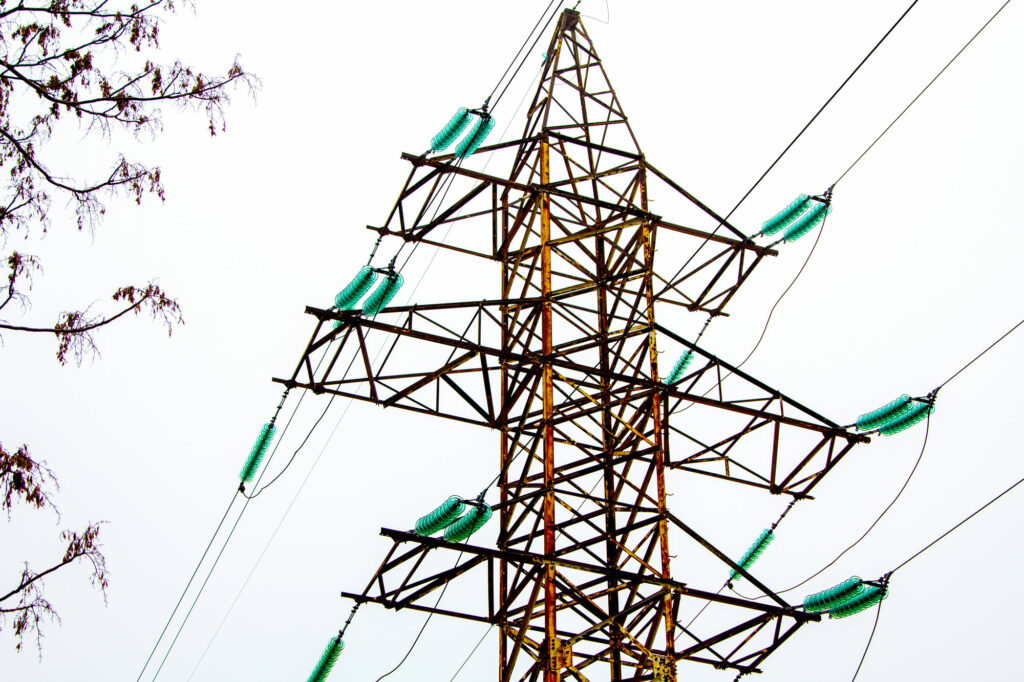 electric grids
electric grids
This planning is also critical to achieving both the Energy Union and Paris Agreement’s goals. Almost all European citizens want secure and clean energy at an affordable price that contributes to sustainable development. To this end, the EU introduced its so-called ten-year network development plan (TYNDP). This plan requires the European Network of Transmission System Operators for Electricity (ENTSO-E) to publish how it intends to develop the power grid over the next 10 to 20 years.
Georgia adopted the TYNDP when the Energy Community (EnC) Treaty was signed, culminating in a vision of how the Georgian power system might look beyond 2025.
A three-step process
The following key elements influence power system planning:
- Scenarios for all potential future challenges.
- System operations and security of supply.
- Long-term strategic plans such as the Power System 2040 as well as Regional Investment Plans.
“The methodology starts with a look at various scenarios before focusing on the long-term strategic plans, which are assessed by system constraints and security of supply,” confirms Sebastian Stepanescu as Key Expert.
The overall process can be seen below. Figure 1: ENTSO-E planning methodology
Figure 1: ENTSO-E planning methodology
As the ENTSO-E methodologies and procedures are constantly evolving, the EU has been helping GSE to develop new procedures for planning. As part of these methodologies and procedures, the fast integration of technologies such as electric vehicles and renewable energy resources are integrated into the planning system. This in turn gives a better overview of the country’s future energy development across all industry sectors.
Under the project, both EU and national experts have scoured existing planning documents and processes in Georgia.
“Our findings have helped us in scenario building, while we have been able to identify key stakeholders important to the process. We also found that demand, economic indicators, interconnections, and resources should all be the focus in the planning process,” said Sebastian Stepanescu as Key Expert.
Currently this information is only partly available, which makes planning difficult. Furthermore, the identification of key stakeholders such as policy makers, regulator, system operators, and universities contributes to this scenario building.
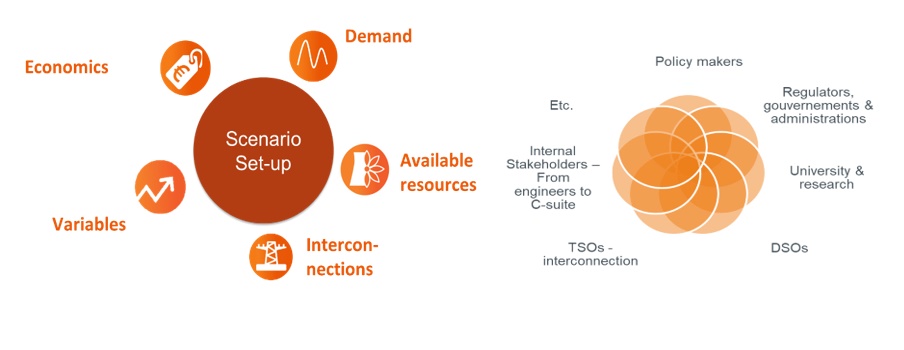
Figure 2: Scenario building set up and key stakeholders in the planning process
Scenario building is sustained through cooperation between the system operator and other stakeholders. This support should ensure that Georgia is on the right path.
The team has also identified multiple benefits associated with long-term planning. These include seamless integration with future technologies, a better overview of the country’s development potential and various societal benefits, including to the environment. These benefits are important as they address the needs and welfare of Georgia’s society.
Training and study visits
The project saw several training events for GSE experts being organised. In addition, the proposed planning processes were discussed in detail and applied to the Georgian situation. Finally, a study visit to German System Operator 50Hertz took place in July 2019, during which GSE experts learned about procedures, stakeholder involvement and other items from their counterparts.
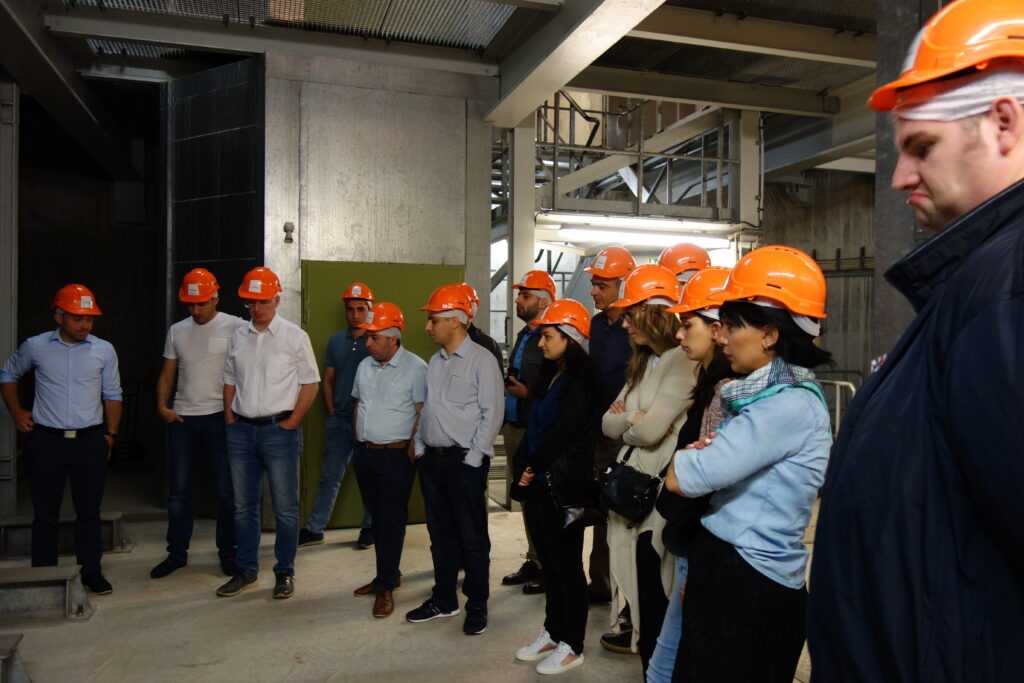 GSE experts visit German System Operator 50 Hertz, July 2019
GSE experts visit German System Operator 50 Hertz, July 2019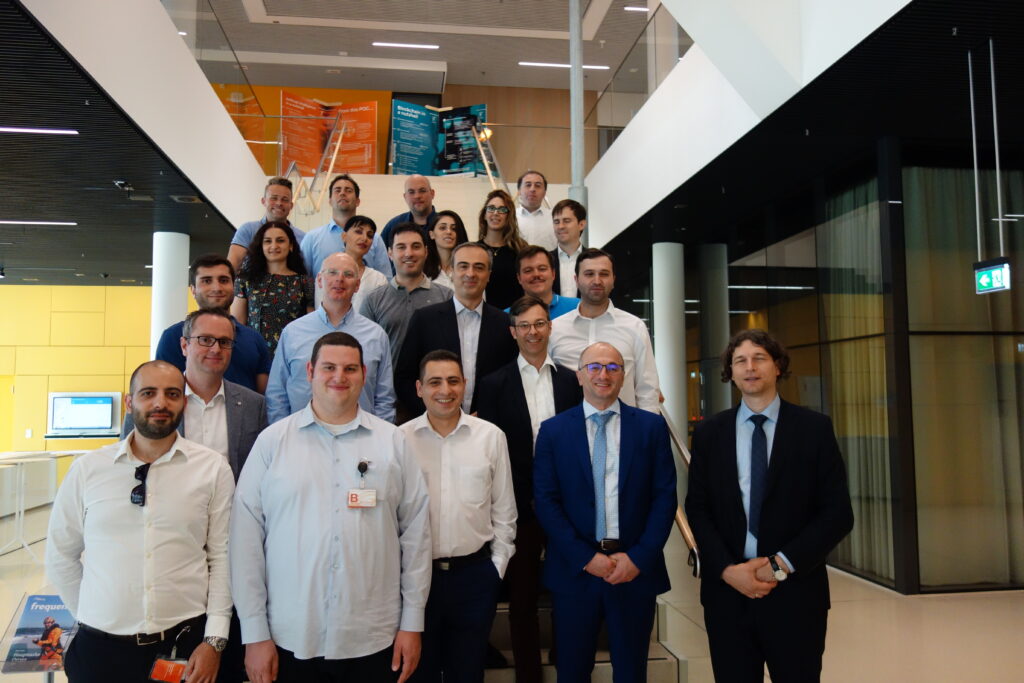 GSE Experts, study visit
GSE Experts, study visit
The 18-month EU-funded ‘’Support to Georgian State Electrosystem in implementation of new energy sector regulations in Georgia’’ project was launched in March 2019. The project comprises a consortium of companies: EGI (Germany) and LDK (Greece). The goal is to strengthen the capacity of GSE so that it can introduce the necessary electricity market reform process in full compliance with the EU acquis.
MOST READ
SEE ALSO

No, time is not on Russia‘s side
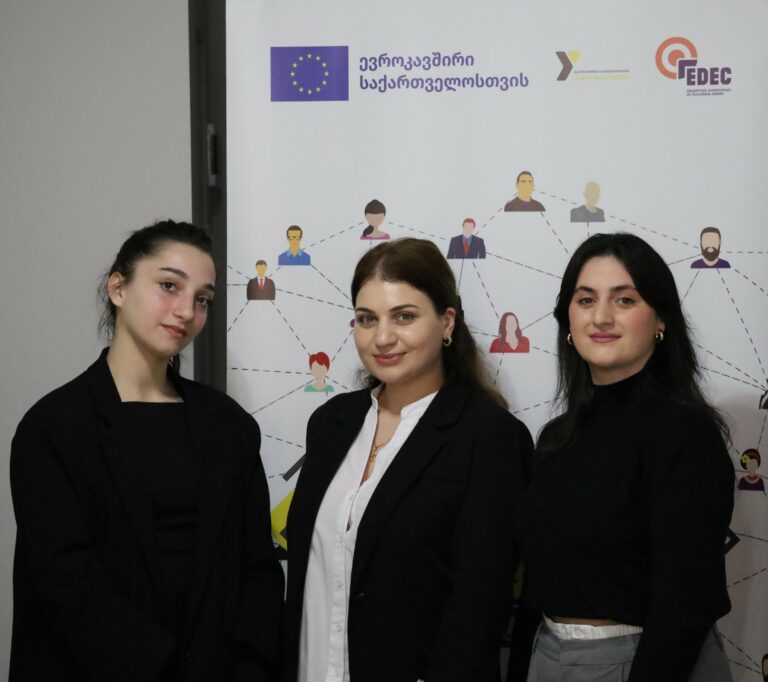
A hands-on approach to boost youth employment in Georgia
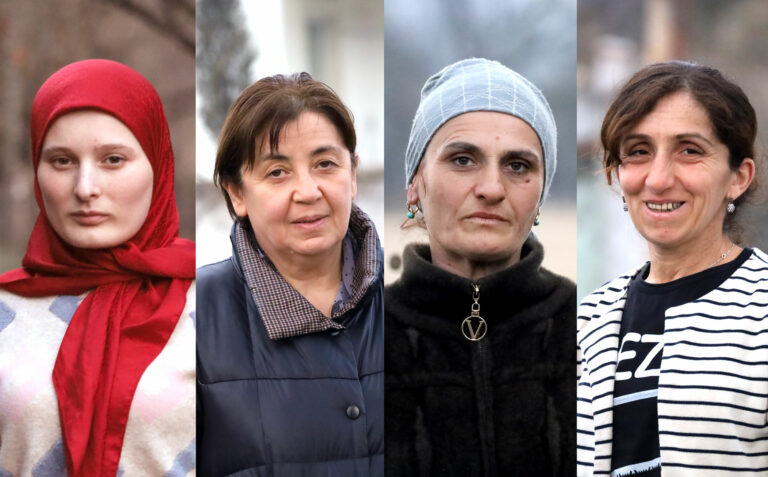
Taking health into their own hands: women’s empowerment in the remote villages of Georgia

A woman publisher in a male-dominated industry – the path to a big dream

Be one step ahead of a hacker: check simple cybersecurity tips!
More campaign pages:
Interested in the latest news and opportunities?
This website is managed by the EU-funded Regional Communication Programme for the Eastern Neighbourhood ('EU NEIGHBOURS east’), which complements and supports the communication of the Delegations of the European Union in the Eastern partner countries, and works under the guidance of the European Commission’s Directorate-General for Neighbourhood Policy and Enlargement Negotiations, and the European External Action Service. EU NEIGHBOURS east is implemented by a GOPA PACE-led consortium. It is part of the larger Neighbourhood Communication Programme (2020-2024) for the EU's Eastern and Southern Neighbourhood, which also includes 'EU NEIGHBOURS south’ project that runs the EU Neighbours portal.

The information on this site is subject to a Disclaimer and Protection of personal data. © European Union,







